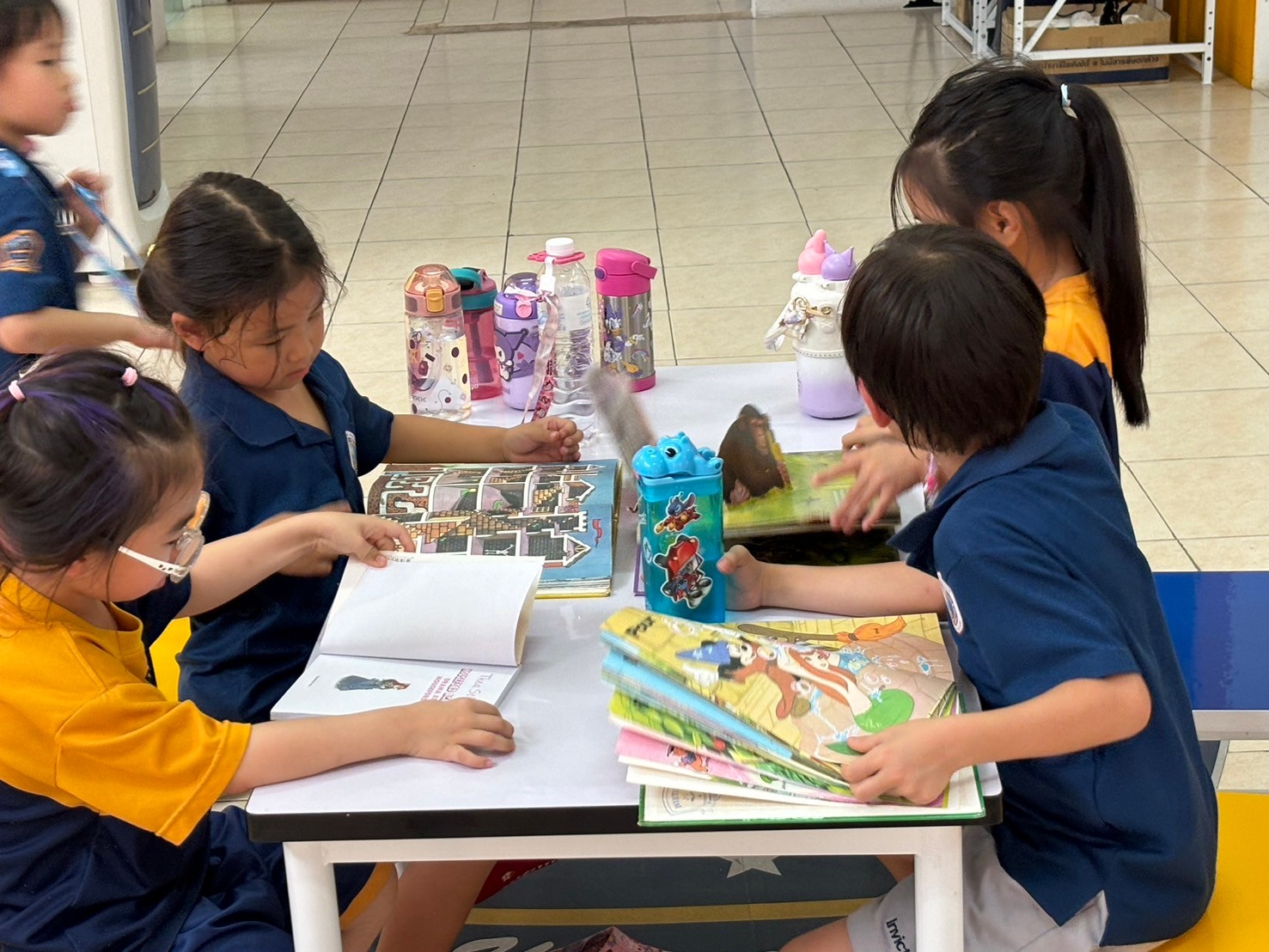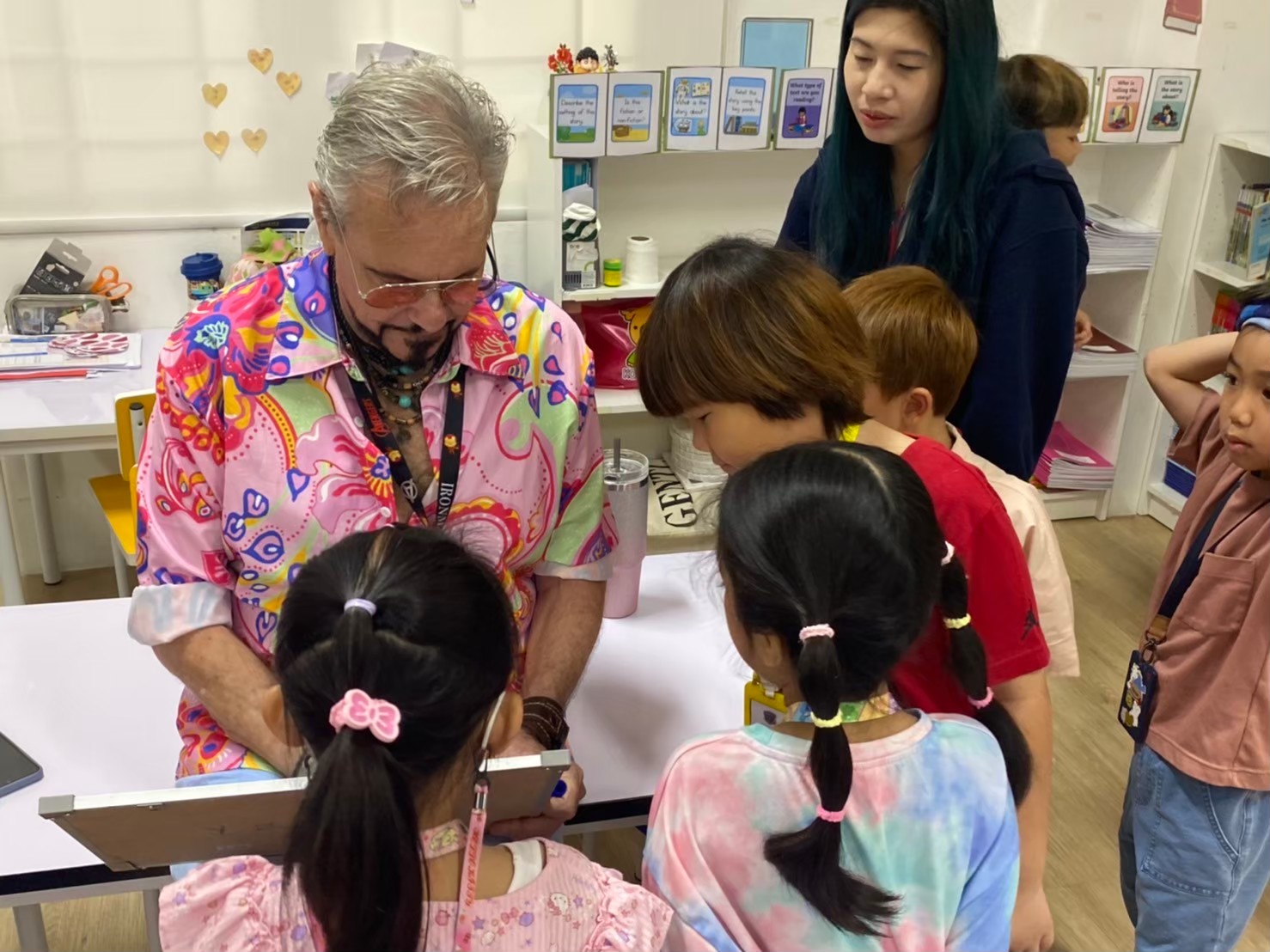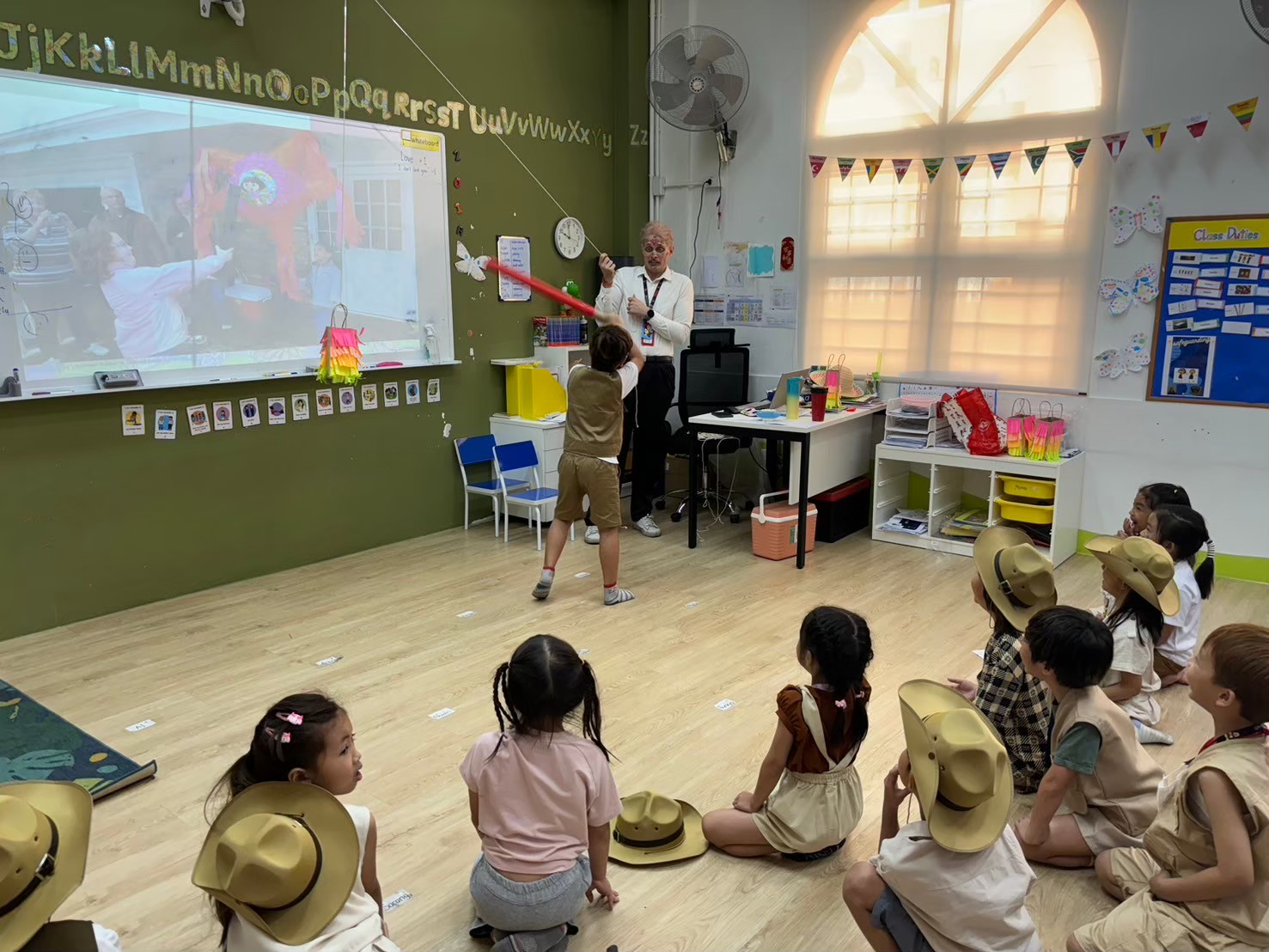Academic Staff
How International Schools Foster Lifelong Learning
Lifelong learning is a fundamental concept that shapes a child's educational journey and continues to influence their life into adulthood. International schools play a crucial role in fostering this mindset by providing an environment that encourages continuous growth and development. Through holistic teaching methods and innovative learning strategies,like Singapore Math, these institutions prepare students to thrive in a constantly evolving world.
Understanding the importance of a comprehensive education, international schools focus on developing the whole child. This involves nurturing academic skills as well as social, emotional, and physical development. By integrating various aspects of learning, such as critical thinking and problem-solving, international schools ensure that students are well-rounded and capable of adapting to new challenges.
Another key element in fostering lifelong learning is the encouragement of curiosity and a love for discovery. International schools create a stimulating environment where children are motivated to ask questions and explore new ideas. This approach not only enhances their academic abilities but also instils a passion for learning that lasts a lifetime.
Moreover, the integration of technology and modern learning tools in international schools keeps students engaged and prepares them for the digital age. By incorporating innovative educational resources, these schools help students stay ahead in an increasingly tech-savvy world.
Fostering a global perspective and cultural awareness is another significant advantage of international education. Exposure to diverse cultures and viewpoints broadens students' horizons, making them more empathetic and socially aware individuals. This global mindset is essential for navigating the complexities of the modern world and succeeding in a diverse, interconnected society.
By understanding how international schools foster lifelong learning, parents can make informed decisions about their child's education, ensuring they are equipped with the skills and attitudes necessary for future success.
Holistic Educational Approaches
 International schools employ holistic educational approaches to ensure the comprehensive development of each student. This method transcends traditional academics by incorporating social, emotional, and physical education, fostering well-rounded growth. One significant aspect of holistic education is the emphasis on social skills. Children are encouraged to participate in group activities and collaborative projects, teaching them the importance of teamwork, communication, and empathy.
International schools employ holistic educational approaches to ensure the comprehensive development of each student. This method transcends traditional academics by incorporating social, emotional, and physical education, fostering well-rounded growth. One significant aspect of holistic education is the emphasis on social skills. Children are encouraged to participate in group activities and collaborative projects, teaching them the importance of teamwork, communication, and empathy.
Physical education also plays a crucial role in holistic learning. Regular physical activities not only promote health and fitness but also teach students about discipline, perseverance, and teamwork. These experiences are essential for their overall development and help them balance their academic workload with physical well-being.
Emotional development is another critical component of holistic education. International schools provide a supportive environment where students can explore and express their emotions. This practice helps them build emotional intelligence, resilience, and self-awareness, which are all vital for lifelong success. By catering to different facets of a child's development, international schools ensure students are well-equipped to handle various life challenges.
Encouragement of Curiosity and Critical Thinking

International schools place a strong emphasis on encouraging curiosity and critical thinking. These traits are fundamental for lifelong learning, as they motivate students to explore new ideas and question existing knowledge. One way international schools foster curiosity is by creating a stimulating learning environment. Classrooms are designed to be interactive, with various resources and activities that encourage students to investigate and discover.
Critical thinking is nurtured through problem-solving exercises and open-ended questions. Teachers in international schools often use inquiry-based learning, where students are presented with real-world challenges and encouraged to find solutions. This method not only enhances their analytical skills but also helps them become independent learners.
To further promote curiosity, international schools integrate various subjects, showing students how different areas of knowledge are connected. For example, a science project might involve art or history, making learning more engaging and holistic. This interdisciplinary approach helps students see the bigger picture and fosters a deeper understanding of the material.
By encouraging curiosity and critical thinking, international schools prepare students for a future where they can adapt to new information and solve complex problems. This foundation is essential for their academic and professional success, as well as their personal growth.
Cultivating a Global Perspective and Cultural Awareness

One of the standout features of international schools is their focus on fostering a global perspective and cultural awareness. This element of education is crucial in preparing students to become responsible global citizens who appreciate diversity and understand global issues. International schools achieve this by exposing students to different cultures and viewpoints, both in and out of the classroom.
Multicultural classrooms are a common feature of international schools. Students from various backgrounds come together, bringing different traditions and experiences. This interaction promotes tolerance, empathy, and a deeper appreciation for different cultures. Through collaborative projects and discussions, children learn to respect and value each other’s perspectives, which is essential in today’s interconnected world.
Curriculum content is also designed to reflect global themes. Subjects such as history, geography, and social studies often incorporate international case studies and comparisons. This approach helps students understand global dynamics and prepares them to face worldwide challenges. Additionally, many international schools offer foreign language courses, giving students the ability to communicate across cultures and opening doors to new opportunities.
Cultural awareness is further enhanced through exchange programmes and international trips. These experiences allow students to immerse themselves in different cultures, broadening their horizons and building practical skills for navigating diverse environments. By cultivating a global perspective, international schools ensure that students are well-prepared for a multicultural and interconnected future.
Conclusion
International schools play a pivotal role in fostering lifelong learning through their comprehensive and forward-thinking educational approaches. From holistic education that nurtures the whole child to the encouragement of curiosity and critical thinking, these schools equip students with essential skills and mindsets. The integration of technology in learning provides modern tools that keep students engaged and ahead of the curve in a digital world. Additionally, by promoting a global perspective and cultural awareness, international schools prepare students to thrive in a diverse and interconnected society.
As parents, choosing the right educational environment is crucial for your child's development and future success. International schools in Pathum Thani offer a unique blend of rigorous academics and personal growth opportunities, making them an excellent choice for fostering a love for lifelong learning. If you are considering an international education for your child, Invictus International School in Pathum Thani provides a nurturing and dynamic environment designed to help students excel. Visit Invictus International Pathum Thani today to learn more and take the first step towards securing a bright future for your child.